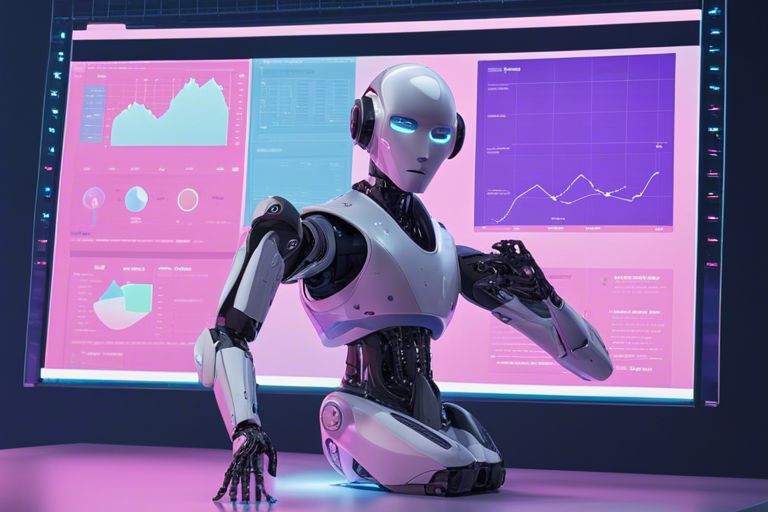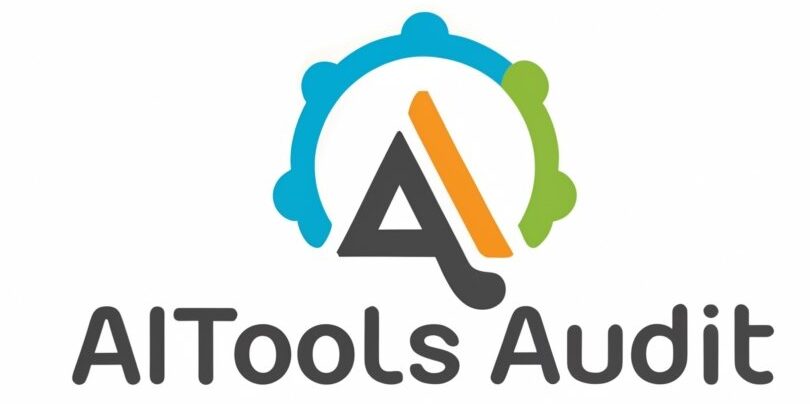Advancements in the field of artificial intelligence have given rise to generative AI, a technology that holds immense potential for transforming various industries. In this blog post, we will explore the future of generative AI, offering predictions and emerging trends that are likely to shape its development. From the proliferation of AI-generated content to the ethical considerations surrounding its use, we will delve into the multifaceted impact of generative AI on products, personas, and subjects across diverse sectors. Join us as we navigate the fascinating landscape of this innovative technology and gain insight into what the future holds for generative AI.
Historical Context and Current State
The field of Generative AI has evolved significantly over the years, with advancements in technology and research leading to the current state of the art. This chapter will provide an overview of the historical context and the current state of Generative AI, setting the stage for predictions and emerging trends in the field.
Evolution of Generative AI
An exploration of the evolution of Generative AI reveals a gradual progression from early attempts at machine-generated content to the sophisticated algorithms and models of today. As computing power and data availability increased, researchers and developers were able to push the boundaries of what is possible with Generative AI, leading to the creation of advanced products and personas in various subjects.
Milestones in AI Development
Historical milestones in AI development have played a crucial role in shaping the current landscape of Generative AI. Key breakthroughs in machine learning, natural language processing, and computer vision have paved the way for the emergence of Generative AI as a powerful tool for creating diverse forms of content and interacting with users in more natural and intelligent ways.
A deeper dive into the milestones in AI development will uncover the significant impact of advancements in neural networks, deep learning, and reinforcement learning on the capabilities of Generative AI. These breakthroughs have enabled the creation of impressive products and personas, revolutionizing industries and prompting new research directions.
Predictions for Generative AI
Obviously, the field of generative AI is rapidly evolving, and as we look into the future, there are several predictions and emerging trends that we can anticipate.
Advancements in Natural Language Processing
Predictions suggest that advancements in natural language processing will continue to push the boundaries of what generative AI is capable of. From more accurate language translation to more sophisticated chatbots and virtual assistants, the ability of AI to understand and generate human language is expected to improve significantly. This could lead to more seamless communication between humans and AI, as well as more natural-sounding language generation.
Breakthroughs in Image and Video Generation
Generative AI is expected to make significant strides in the generation of realistic and high-quality images and videos. Generation of lifelike images and videos will enhance virtual reality experiences, and it is anticipated that AI will be able to generate video content that is indistinguishable from human-made content. This could have a profound impact on industries such as entertainment, advertising, and design.
Video generation will also play a key role in the development of deepfake technology, with both positive and potentially negative implications for society. As generative AI becomes more advanced, the ability to generate realistic video content could lead to challenges related to misinformation and digital manipulation.
Emerging Trends
Unlike traditional AI systems, generative AI is poised to revolutionize various industries with its ability to create original content, such as images, videos, and text. As this technology continues to advance, we can expect to see several emerging trends that will shape the future of generative AI.
Ethical Considerations and Policies
On the forefront of discussions surrounding generative AI are the ethical considerations and policies that need to be addressed. As the technology becomes more sophisticated, there is a growing need to establish guidelines for its ethical use, particularly in areas such as deepfakes, privacy, and intellectual property. It is crucial for policymakers to collaborate with experts in the field to develop comprehensive regulations that promote responsible and ethical deployment of generative AI.
Integration with Other Technologies
Any discussion about the future of generative AI would be incomplete without considering its integration with other cutting-edge technologies. From blockchain to virtual reality, generative AI has the potential to enhance and complement various existing technologies, opening up new possibilities for innovation and collaboration. To fully leverage the potential of generative AI, businesses and organizations should explore its integration with other technologies to drive unprecedented advancements in their respective domains.
The Impact on Society and Industry
Not only does the future of Generative AI hold great promise for society, but it also brings about significant implications for various industries. According to a recent report by McKinsey & Company, the emergence of Generative AI is expected to transform industries in unprecedented ways, leading to substantial changes in the way businesses operate and the services they offer. To learn more about the impact of Generative AI on society and industry, you can refer to the McKinsey report What is the future of Generative AI?
Changes in the Job Market
Society is on the brink of witnessing a major shift in the job market as Generative AI continues to advance. With the automation of routine tasks and the augmentation of human capabilities, there will be a reshaping of job roles and skill requirements across various industries. This will not only impact the current workforce but also necessitate the need for upskilling and reskilling to adapt to the evolving job landscape.
New Forms of Content Creation and Consumption
One of the most notable impacts of Generative AI is the emergence of new forms of content creation and consumption. As Generative AI tools become more sophisticated, they will enable the creation of personalized and engaging content across various mediums, from written articles to visual arts. This will not only redefine the way content is produced and consumed but also open up new opportunities for creative expression and audience engagement.
Creation of AI-generated content also raises important considerations around intellectual property rights, ethical use of AI, and the potential impact on traditional creative industries such as journalism, design, and entertainment.

Challenges and Controversies
For any emerging technology, there are always challenges and controversies that need to be addressed. Generative AI is no exception, and as this technology continues to advance, it is important to understand and discuss the potential issues that may arise.
Biases and Discrimination in AI
Biases and discrimination in AI have been a major concern in the development and implementation of generative AI technology. There have been instances where AI systems have exhibited biases based on race, gender, and other factors, which can have harmful implications. It is crucial for developers and researchers to proactively address these issues and work towards creating AI systems that are free from biases and discrimination.
Controversies surrounding biases and discrimination in AI have sparked important conversations about the ethical implications of using AI to make decisions that impact society. It is essential for regulations and guidelines to be put in place to ensure that generative AI is developed and used in a responsible and fair manner, without perpetuating biases and discrimination.
The Balance between Innovation and Regulation
Between the rapid pace of innovation and the need for regulation, there exists a delicate balance that must be struck to ensure the responsible development and deployment of generative AI technology. On one hand, innovation drives progress and allows for the advancement of AI capabilities. On the other hand, regulation is necessary to govern the ethical and societal implications of AI, as well as to mitigate potential risks.
The Future of Generative AI – Predictions and Emerging Trends
Taking this into account, it is clear that the future of generative AI holds immense potential and exciting possibilities. As technology continues to advance, we can expect to see a proliferation of AI-generated content across various industries, from art and design to music and literature. Additionally, the emergence of new and improved generative models will further push the boundaries of what AI can achieve, leading to even more sophisticated and realistic outputs. Furthermore, the continued integration of AI with other technologies such as virtual reality and augmented reality will only serve to enhance the capabilities and applications of generative AI. Ultimately, the future of generative AI is a captivating and ever-evolving landscape that promises to revolutionize the way we create and interact with content.
